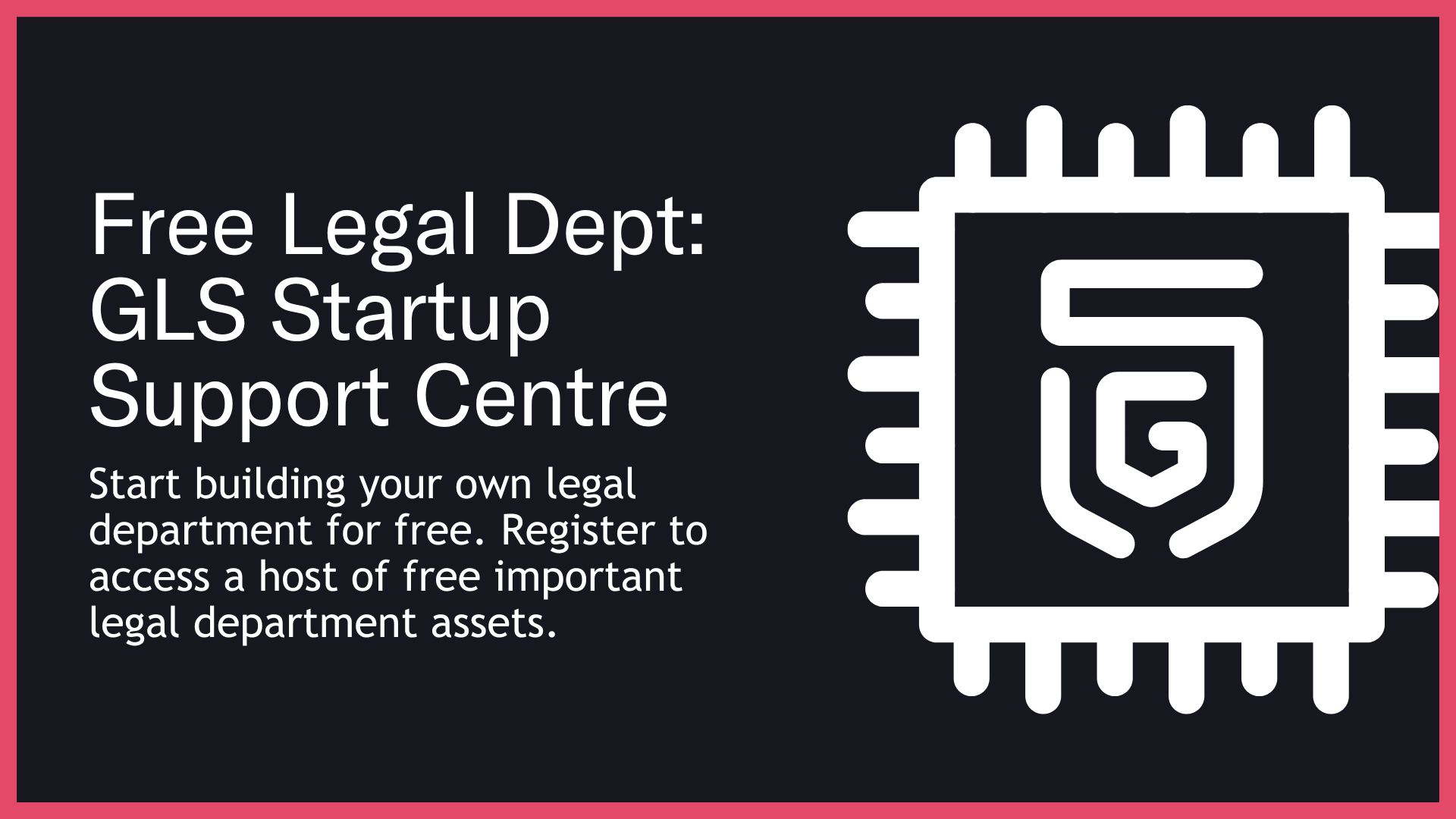GLS Legal Support Centre
Legal Made Easy For Startups
Back
IP Enforcement
Introduction
“If you don’t defend your intellectual property, you’re effectively inviting others to take it.” – Matt Glynn
For startups, particularly those enjoying rapid success, the risk of intellectual property infringement grows alongside your visibility. Competitors, counterfeiters, and opportunists may attempt to exploit your IPR, from copying your brand to selling counterfeit versions of your products.
IP enforcement is about deciding when and how to act – whether to ignore minor infringements, send a cease-and-desist letter, or pursue full-scale litigation. The more valuable your IP portfolio becomes, the higher the stakes – and the higher the potential enforcement costs.
IP Enforcement – What Is It?
PAA: What is IP enforcement?
IP enforcement is the process of taking legal and practical steps to stop others from infringing on your intellectual property rights. This can include sending warning letters, negotiating settlements, filing court actions, or working with law enforcement.
PAA: Why is IP enforcement important for startups?
Because without enforcement, your IPR can become diluted, lose value, and encourage further infringement.
Why This is Important
This is an important stage of the start-up journey because:
◼️Value protection – Preserves the exclusivity that gives your IP its worth.
◼️Brand integrity – Prevents counterfeit and imitation goods from damaging your reputation.
◼️Market share defence – Stops competitors from unlawfully benefiting from your work.
◼️Investor confidence – Shows you can safeguard your assets.
◼️Deterrence – A strong enforcement track record discourages future infringers.
◼️Revenue protection – Prevents loss of sales to counterfeiters or unauthorised sellers.
PAA: When should a startup enforce its IP rights?
When infringement poses a real threat to revenue, brand reputation, or market position – balanced against the cost and effort of enforcement.
PAA: What are common methods of IP enforcement?
Cease-and-desist letters, settlement negotiations, domain name disputes, customs recordals, and court litigation.
Consequences of Not Addressing This Issue
1. Legal Implications
◼️Loss of rights if consistent enforcement is not maintained (in some jurisdictions).
◼️Difficulty proving infringement later if early action wasn’t taken.
2. Founder Relationship Issues
◼️Disagreements over enforcement strategy and costs.
3. Commercial Implications
◼️Reduced brand value due to widespread counterfeiting.
◼️Lower customer trust from poor-quality knock-offs in the market.
4. Operational Implications
◼️Increased customer complaints and returns due to counterfeit goods.
◼️Need for additional quality control and brand monitoring.
5. Biz Valuation Issues
◼️Investors perceiving your IPR as weak if it’s widely infringed without action.
PAA: What happens if you ignore IP infringement?
It can lead to brand dilution, lost sales, and in some cases, weakening of your legal rights.
What You Should Be Doing
◼️Monitor the market – Use watch services for trademarks and online infringement.
◼️Act early – Issue cease-and-desist letters promptly.
◼️Escalate when needed – Pursue litigation for serious or repeated infringements.
◼️Record with customs – Enable border enforcement against counterfeit imports.
◼️Prioritise threats – Focus on infringements with the highest commercial impact.
◼️Budget for enforcement – Anticipate the costs of protecting high-value IP.
PAA: Should all infringements be pursued?
Not necessarily – weigh the cost and commercial impact before deciding.
PAA: What is a cease-and-desist letter?
A formal demand that an infringer stop their actions or face potential legal consequences.
Case Studies
Nike vs. Counterfeit Networks
Nike’s proactive global enforcement includes partnerships with customs and aggressive litigation. In 2021, enforcement actions against sellers of fake Air Jordans resulted in major shutdowns of counterfeit operations and successful recovery of damages—an illustration of robust IP defence in action.
LVMH vs. eBay
In a landmark battle, LVMH sued eBay over counterfeit listings on the platform. A French court awarded LVMH €38.6 million in damages, underscoring that even intermediaries like online marketplaces can be held responsible for infringing on brand integrity.
Supreme vs. “Supreme Italia”
The streetwear brand Supreme (NY) faced an unexpected challenger in Italy–Supreme Italia–which mimicked its branding almost identically. The Italian court ruled that this was parasitic unfair competition. The infringing products–120,000 items–were ordered to be removed from the market, and the infringer was fined €5,500 plus legal fees.
PAA: What are famous IP enforcement cases?
Apple v. Samsung, LVMH v. eBay, and Nike’s anti-counterfeit campaigns are notable global examples.
Final Thoughts
Enforcing your intellectual property rights is essential to maintaining their value and deterring future infringement. While costs can be significant, ignoring violations can be far more damaging in the long run.
How GLS Can Help You
◼️IP infringement monitoring and watch services
◼️Cease-and-desist letter drafting and management
◼️Litigation strategy and representation
◼️Customs recordals and anti-counterfeit programmes
◼️Online infringement takedown actions
◼️Domain name dispute resolution
◼️IP enforcement budgeting and risk assessment
◼️Settlement negotiation and dispute resolution
◼️Global enforcement strategy design
◼️Ongoing IP portfolio protection

